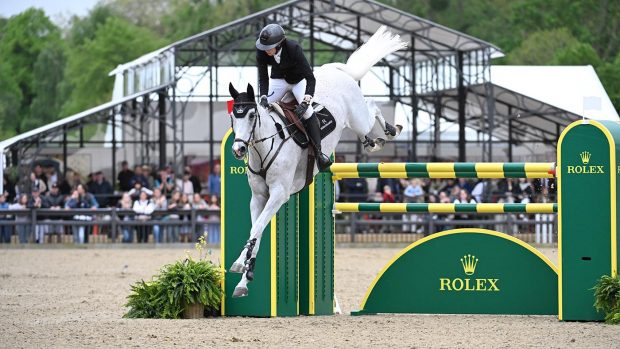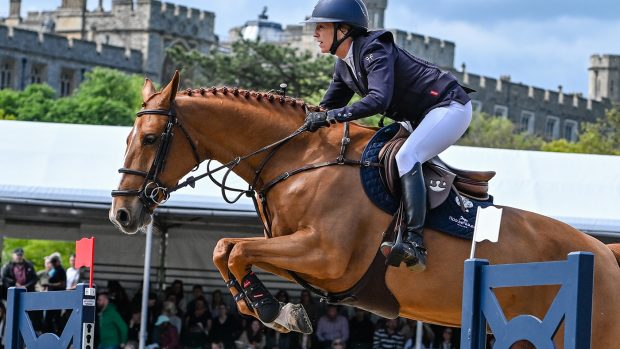Q: IN November, the farrier was shoeing one of our livery horses when the horse spooked, stood on the farrier’s leg and broke his ankle.
The following day, we received a telephone call from his wife informing us that he was going to sue us for loss of earnings as he wasn’t insured and therefore would have no money to live on until he recovered.
The matter is now in the hands of our solicitors, but is this professional behaviour from a farrier? Surely his job is “high risk” so personal accident cover should be mandatory? Will horse owners want to employ a farrier when there is a risk of being sued in the event of an accident? Although we took all precautions, horses are unpredictable and accidents do happen.
The horse in question doesn’t belong to us but the farrier is holding us responsible because it happened on our yard. I am dismayed that after employing him for several years and, having built up such a high regard for his work, and him personally, he is so quick to sue.
NP, Midlands
AS the reader points out, horses are unpredictable and accidents do happen. We do seem to be coming a more litigious society but hearing that a farrier was sueing one of his clients came as a surprise. We asked Jeremy Lawton from Shearwater Insurance for his views on the subject.
“This is a very awkward situation for anyone to find themselves in,” he says.
“I would expect most farriers to hold personal accident insurance, including cover for loss of earnings. However, I do not believe it to be mandatory.”
The Farriery Training Agency offers the following advice to all apprentices: “In view of the sometimes hazardous nature of any job which involves dealing with animals, it is strongly recommended that all farriery apprentices obtain some form of personal accident, injury and sickness insurance to cover any expenses that may incur as the result of an accident.”
“Shearwater deals with public liability insurance for a number of different yards and has never come across a case like this so I do not believe it can be a normal occurrence,” says Jeremy Lawton.
“It is, however, common today for people to look for someone to blame when things go wrong and I am not surprised to find the farrier is looking to sue.
“I imagine from the question that the reader has public liability insurance for the yard and it may be that the claim made against her will be dealt with through that,” explains Jeremy.
“However, for the farrier to be successful in his claim, your reader would have to be found liable in some way for the horse spooking — for example, requesting that the farrier shod the horse in an unsafe area.”
Stuart Farr from Laytons Solicitors explains the legal implications: “The precise basis for the legal claim against you is unclear although because you are the yard owner as opposed to the horse owner, it is possible that the Occupiers Liability Act 1957 has some relevance to your situation.
“That Act imposes a common duty of care on occupiers of premises to ensure that a visitor will be reasonably safe in using your premises. As such, the law obliges occupiers not only to avoid creating dangers themselves but also to take reasonable steps to protect visitors from dangers which they did not create.
“Whether or not the behaviour of the horse could have been avoided is clearly debatable but the risks inherent in a farrier’s occupation is a factor which may be considered amid all the circumstances and you are right, therefore, to seek legal advice on the matter.”
Information
Shearwater Insurance Tel: 08700 767666 www.shearwater-insurance.co.uk
Laytons Solicitors Tel: 0161 834 2100 www.laytons.com
This Q&A was first published in Horse & Hound (10 January, ’08)



